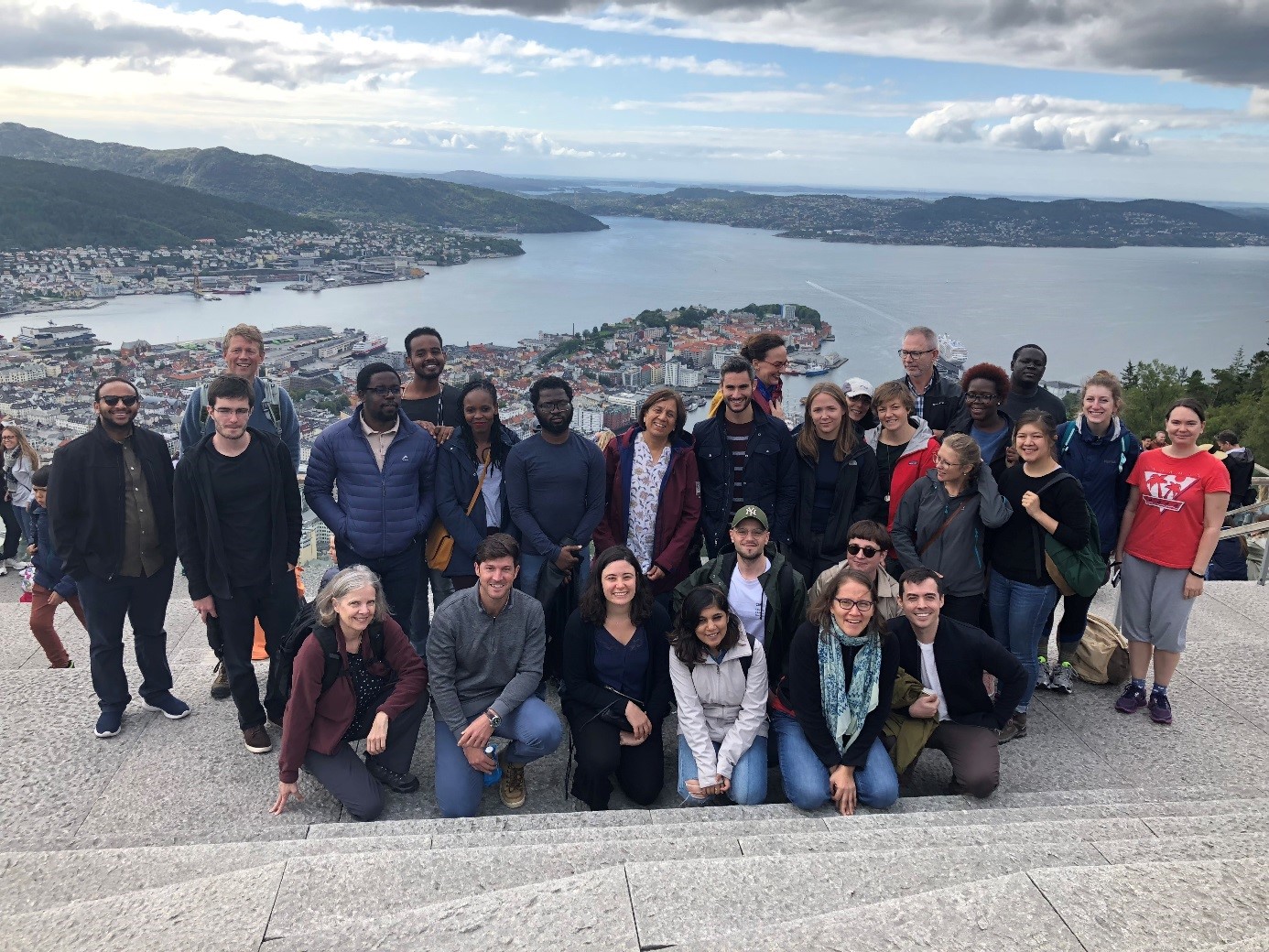LawTransform PhD course 2019
Effects of Lawfare: Courts and law as battlegrounds for social change (14- 23 August)
Practical information
The course combines lectures specifically designed for the course and participation in the lectures, panels, round-tables, and workshops of the Bergen Exchanges on Law & Social Transformation. Here are the programs for the PhD-course/Bergen Exchanges and the reading list. Please visit the course page for further information about admission and registration.
Students will receive 3 ECTS for participating in the course (80% of seminars), submission of paper abstract (300 words), and presentation of their own work to the other participants. Students who submit a publishable journal article (4.000-6.000 words) by 15 October 2019 are awarded an additional 7 ECTS. Postdoctoral researchers and MA level students will be accepted if space permits.
The PhD course is free of charge and open to applicants from Norwegian and international institutions. Participants do, however, have to cover their own travel and accommodation costs, as there unfortunately are no scholarships available.
Applicants will be contacted about the results of the selection process by 7 June. By 10 August, the selected students should send us their research design (based on an explained and flexible format they will receive from us) as well as a personalized, annotated literature list.
Course leaders: Siri Gloppen (Comparative Politics, UiB/CMI) and Camila Gianella (CMI).
Course coordinator: Lara Côrtes (CMI).
Topic
The past three decades has seen an accelerating juridification and judicialisation of societies and politics. In all parts of the world and at all levels, from the global to the local, increasingly complex webs of legal norms and institutions regulate our societies and lives. Courts and law have become increasingly important as arenas for political struggles. Constitutional reforms and international treaties aim to transform social dynamics from above, among others though new and stronger protection of citizens’ rights, while individuals and groups engage in legal mobilization from below to seek justice for their cause.
In either case, dense networks of international activists and experts are ready to engage with and aid local actors, creating a dense global network of actors, legal norms, and adjudicative institutions. In this context, it is urgent to better understand law as a political field. Does this turn to rights and law have a transformative potential? Does it provide institutional spaces for the voices of marginalized groups to be heard and tools that can provide political leverage? Or does it, rather demobilize and depoliticize struggles in ways that exacerbate unequal power-relations and marginalization dynamics?
These are urgent issues on which there are deep disagreements in the literature. The course offers an introduction to the scholarly debates on the potential and limits of law as an instrument of social change, and opportunities to engage with some of the foremost scholar in the field, and international research projects currently seeking more compelling answers to these questions.
This year the course – and Bergen Exchanges – will focus particularly on challenges in the fields of corruption, natural resources and climate change, indigenous rights and technology & law.
Applications for the course are now closed, successful applicants will hear from us in due course.

